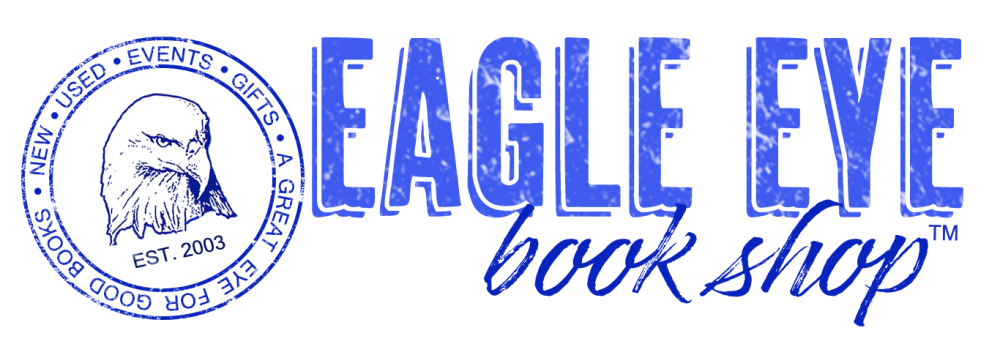
How to Hold a Grudge: From Resentment to Contentment—The Power of Grudges to Transform Your Life
Description
NAMED ONE OF THE 100 MUST-READ BOOKS OF THE YEAR BY TIME MAGAZINE
“A cheerful, mischievous rebuke to all that spiritual sincerity and floaty nonattachment and sugary loving kindness” (The Wall Street Journal), this first and only comprehensive examination of the universal, but widely misunderstood, practice of grudge-holding will show you how to use grudges to be your happiest, most optimistic, and most forgiving self.
Secretly, we all hold grudges, but most of us probably think we shouldn’t, and many of us deny that we do. To bear a grudge is too negative, right? Shouldn’t we just forgive and move on? Wrong, says prolific crime novelist and self-appointed grudge guru Sophie Hannah, in her groundbreaking and irreverent self-help guide. Yes, it’s essential to think positively if we want to live happy lives, but even more crucial is how we get to the positive. Denying our negative emotions and experiences is likely to lead only to more pain, conflict, and stress.
What if our grudges are good for us? What if we could embrace them, and use them to help ourselves and others, instead of feeling ashamed of our inability to banish negative emotions and memories from our lives? With contributions from expert psychotherapists as well as extracts from her own extensive catalog of grudges, Sophie Hannah investigates the psychological origins of grudges and also offers not-so-obvious insights into how we should acknowledge—and embrace—them in order to improve the quality of our interpersonal relationships and senses of self. Grudges do not have to fill us with hate or make us toxic, bitter, and miserable. If we approach the practice of grudge-holding in an enlightened way, it will do the opposite—we will become more forgiving.
For fans of Sophie Hannah’s bestselling crime novels who have ever wondered what is going on in her unusual, brilliant mind, How to Hold a Grudge is “a perfect document” (The New York Times) that also reveals everything we need to know about the many different forms of grudge, the difference between a grudge and not-a-grudge (not as obvious as it seems), when we should let a grudge go, and how to honor a grudge and distill lessons from it. Hannah’s practical, compassionate, and downright funny guide can turn us into better, happier people.
Praise for How to Hold a Grudge: From Resentment to Contentment—The Power of Grudges to Transform Your Life
“For those of us who have long wondered what is going on in the unusual brain of the British thriller writer Sophie Hannah, her entertaining recent work of nonfiction, How to Hold a Grudge is a perfect document. It explains, among other things, her relish for parsing human motivation down to the subatomic level and her characters’ tendency to respond to normal events with abnormal behavior that holds some internal logic for them (and for her, since she made it up) but seems wackadoodle to the rest of us.” —Sarah Lyall, The New York Times
“Make[s] you better equipped to assess the significance of the person who imposes on you, the person whose politics don’t align with yours and the person who constantly underestimates your abilities, among others... It may be all the wiser not to simply forgive and forget.” —TIME
“What’s so bad about a little carefully tended resentment? Novelist Hannah offers a funny, counterintuitive assessment.” —People




























